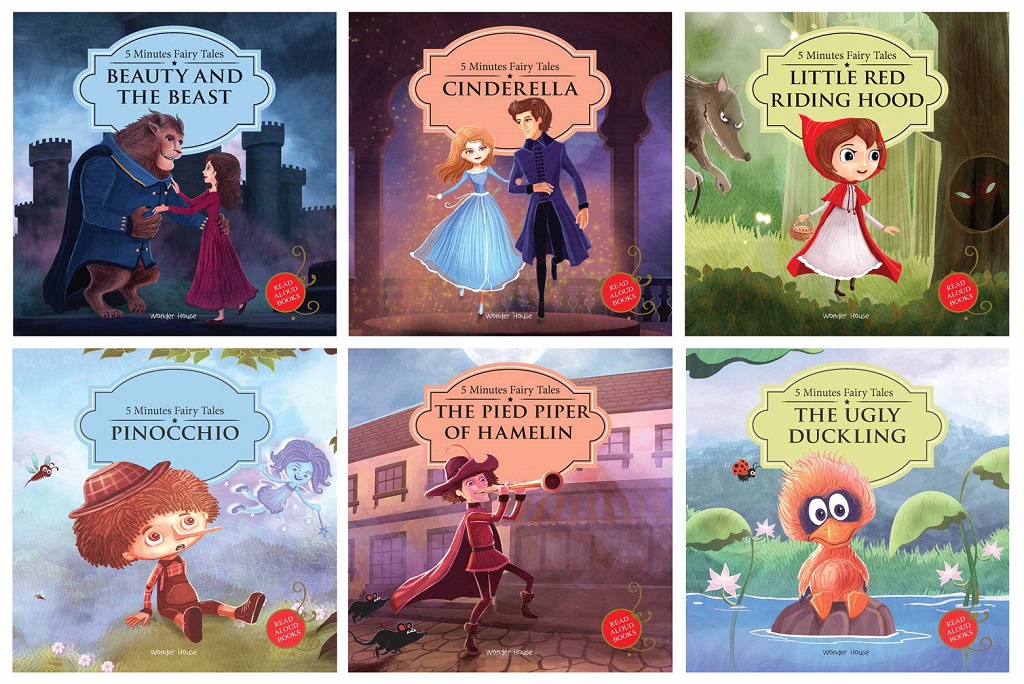
In the way of growing up, the Fairy Tales played a vital part in my life. I always believe that childhood is too short for people to plan for growing up. Indeed, even your parents can’t teach you all of the things they’ve ever learned, so I need to concede that most of the life philosophies I was taught by the fairy tale. And even now, I’m already grown up. Also, I’ve effectively-acknowledged what “real life” is, yet, to be honest, I never blame the Classic Stories which makes me accept how awesome life is. Since all the Philosophy of Life that Classic Stories taught me still benefits me for life.
Somewhere between ”Once upon a time,” and ”They lived happily ever later,” our love classic fairy tales have a way of not just engaging us with stories of delightful champions, supernatural backwoods, and charming animals yet, in addition, have a way of showing us a few significant life philosophies along the way.
However, they may not be explicitly expressed, the idea that these stories passed down from generation to generation, contain Philosophy of Life isn’t too surprising. The first stories of this nature were composed explicitly to teach life lessons to readers. Since then, Fairy Tales have brought forth numerous varieties yet figure out how to pass on significant life philosophies about how to live and love, how to treat others, and how the world works.
Let’s Check Out some of the Fairy Tales that Can Enlighten the Philosophy of Life
Little Red Riding Hood
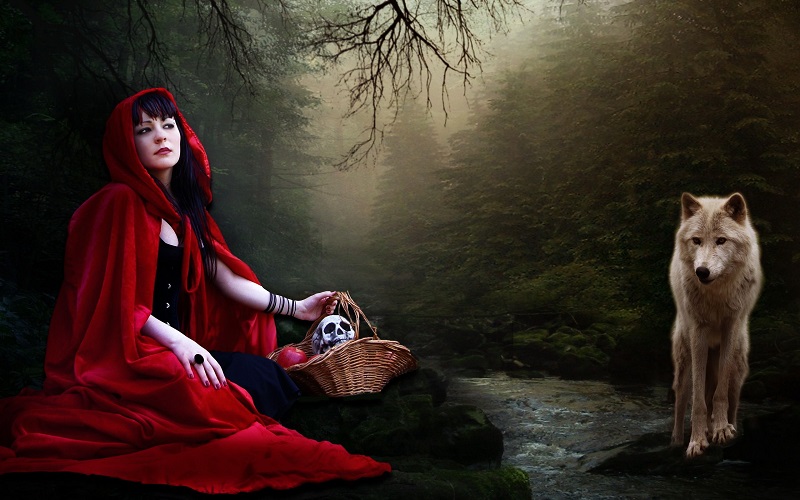
This classic story is perhaps the most nostalgic folk tale with moral lessons. Although there are shows and series based on this fairy tale, the first form of us listening about the big bad wolf in the forest will forever be our top pick. The life lesson learned from this fairy tale is emblematically exact. You might decide to peruse the extraordinary treatise on fantasy like Little Red Riding Hood to make it easier to understand the lessons it teaches us. In this story, we find out about the wolf that tries to bait the main character to take under his control. He dresses up as a sheep and later as her grandma to acquire compassion so he can eat her! This teaches us that anything we see probably won’t be the truth. In light of the story, we can figure out how to make smart choices and understand situations or people.
The Little Mermaid
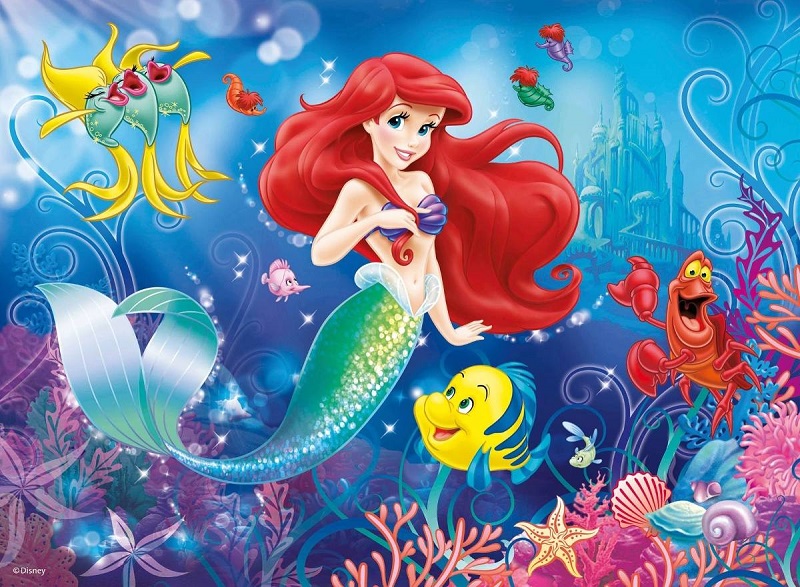
The first form of the story by Hans Christian Andersen shows how you can’t make anybody fall in love with you. When people fall in love, they tend to forget everything around them and abandon the ones they love. Notwithstanding, it is significant to understand that this large number of changes may not be what you anticipated. Unlike other cultural stories with moral lessons, the Little Mermaid shows us a more sensible picture, making it one of the most loved paper tests for some to compose on. Numerous variations today have a happy ending, however, the classic Little Mermaid is one of few exceptional stories that show us how things probably won’t go as our heart wants, so we should be okay with this. This is one of the most realistic ethics we learn from fairy stories.
Cinderella
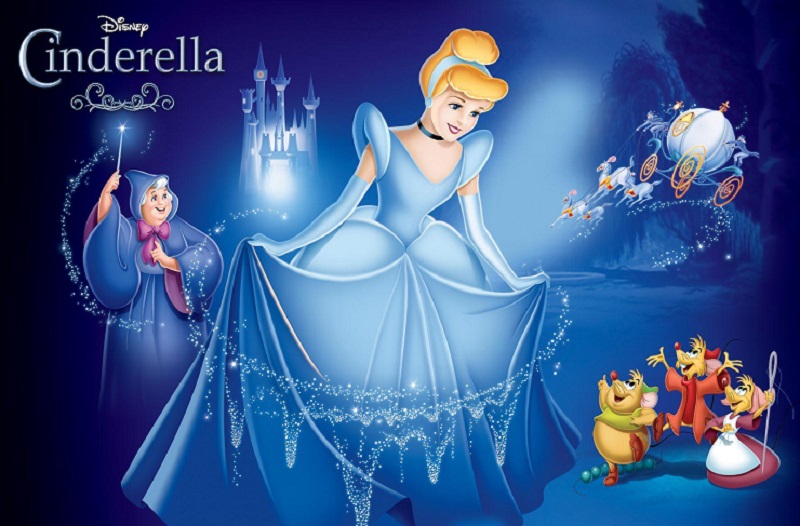
As one of the most classic fantasy stories with ethics, Cinderella has been with us for quite a while. Cinderella is left with her three stepsisters who abuse her constantly. While she strives to finish the house’s tasks, the sisters invest energy in mingling and celebrating. But she finally takes a stand and makes a life for herself. This shows us how we should support ourselves and not hesitantly do all that we are requested to. We additionally learn to take the most heartbreaking days of our lives and change them into something uniquely amazing. A big lesson is to have confidence in the idea of good after every bad.
The Elves and the Shoemaker
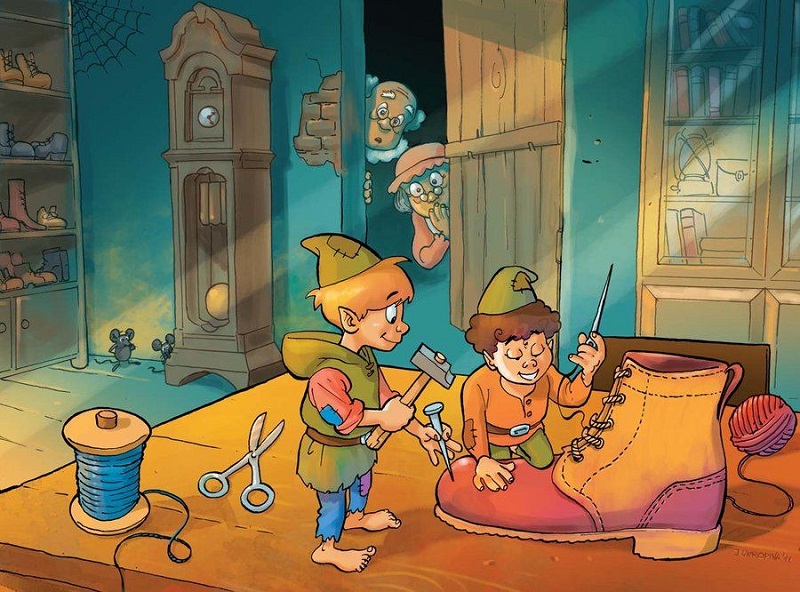
It is a story about a band of mythical people who choose to contribute and assist a helpless shoemaker doing pretty bad. For numerous nights, the elves made shoes to keep the cobbler in business. After the shoemaker and his better half notice the little naked elves working, they choose to sew a few garments for their secret partners. The lesson here is to get things done for others without any thought of getting something in return. Elves work for shoemakers and know nothing but help.
Hansel and Gretel
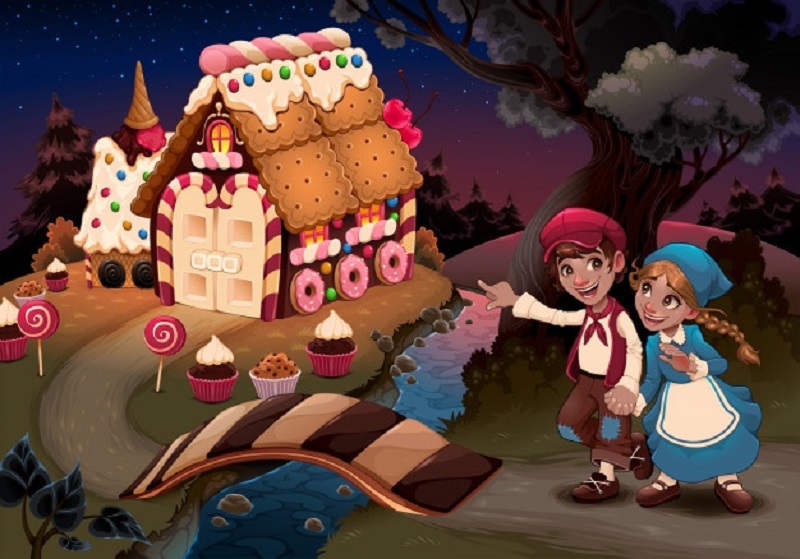
The story represents the significance of mutually nurturing relationships. Without guardians, the kids are compelled to ‘parent’ one another, and their relationship is fundamental for their endurance.
Both of them alone would have been effectively eaten up by the witch, yet together, they achieve her destruction. Its closure is a positive one, however, it additionally reflects much with regards to the significance of guaranteeing a protected family environment for children to experience childhood in. At the point when guardians are either excessively missing or excessively choking, they can altogether inhibit the development of their children.

No responses yet